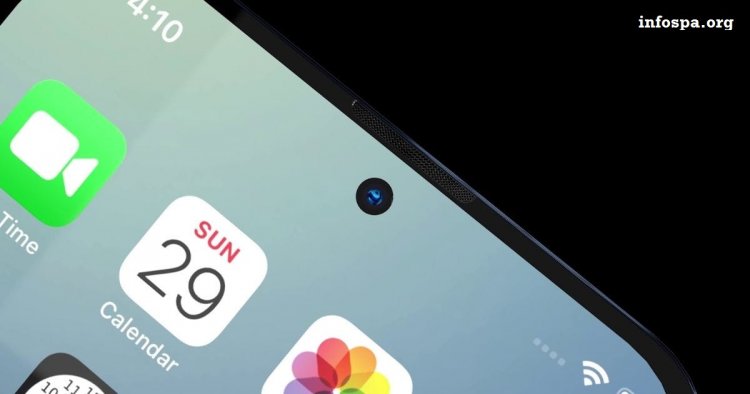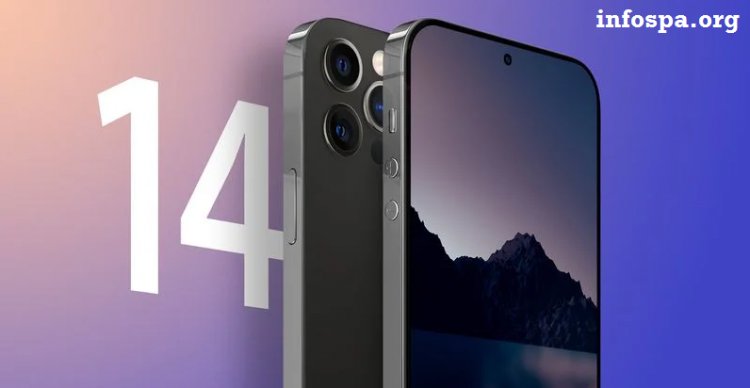Models of the iPhone 14 Pro could include a 48-megapixel camera and 8GB of RAM.
Apple's 12-megapixel camera may eventually be replaced!

Despite the fact that the new iPhone is still a few months away, numerous speculations and rumors have already surfaced on the internet, speculating on what the next iPhone might be. According to recent reports, the iPhone 14 Pro variants may feature a punch-hole display.
According to multiple sources, the iPhones will have a USB-C port instead of the lightning port. The iPhone hasn't gone above 12-megapixel sensors, but that could change next year, according to MacRumors, which claims that the iPhone 14 Pro and iPhone 14 Pro Max will include a 48-megapixel camera.
According to the source, the new Pro models may include a triple-camera arrangement on the back, with a 48-megapixel wide lens, a 12-megapixel ultra-wide lens, and a telephoto lens.

The same was claimed by TF International Securities analyst Ming-Chi Kuo in April of this year, who went on to add that the upcoming iPhone 14 Pro versions would feature 8K video recording. The MacRumors allegation is based on a note from Jeff Pu of Haitong International Securities, who predicts that the iPhone 14 Pro models would not only have a significant camera upgrade but will also have up to 8GB of RAM, rather than the 6GB RAM found in the iPhone 13 Pro models.
According to the analyst, all of the new iPhone 14 models may come with a starting storage of 64GB. The refresh rate of the displays, on the other hand, is a bit of a mystery. Others suggest that the 120Hz display will be available on all iPhone 14 models, while Pu claims that the 120Hz display will be available exclusively on the Pro models and that the basic devices will have a 60Hz refresh rate.
As of now, the exact specifications are unknown, but Apple may decide to enhance its camera after a long period, stressing the refresh rate as well, in order to compete with flagship Android phones.


























